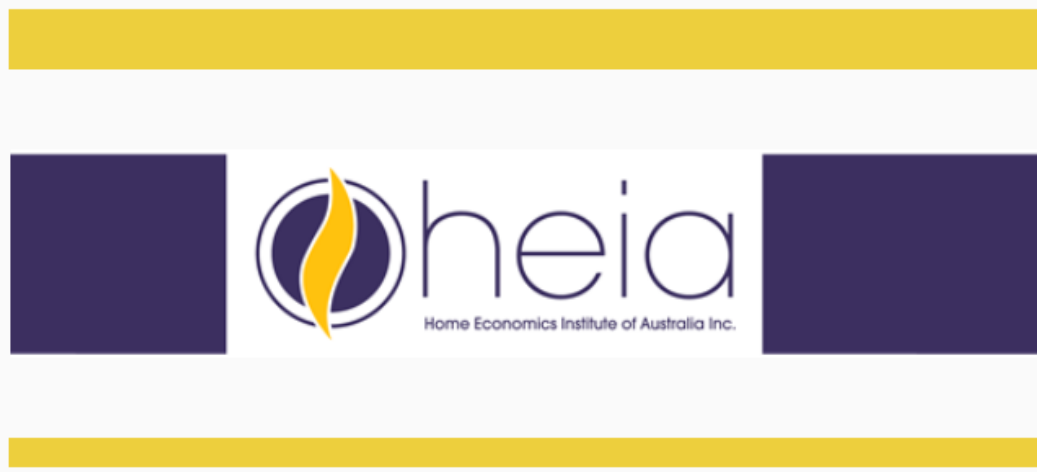The development of a food literacy questionnaire (IFLQ-19) and next steps for international consensus
Thompson, C.
Abstract
Background:
Food literacy is theorised to improve diet quality, nutrition behaviours, social connectedness and food security. While the definition/conceptualisation of food literacy by Vidgen & Gallegos is most highly cited and used in health, nutrition and home economics research, a questionnaire does not exist to comprehensively measure this framework. Therefore, the purpose of this study was to develop a comprehensive, valid and reliable food literacy questionnaire.
Methods:
500 Australian adults were recruited in Study 1 to refine a food literacy item pool using principal component analysis (PCA) and item response theory (IRT) which involved detailed item analysis on targeting, responsiveness, validity and reliability. Another 500 participants were recruited in Study 2 to replicate item analysis on validity and reliability; 250 of these participants re-completed the questionnaire to determine its test–retest reliability.
Results:
The PCA saw the 171-item pool reduced to 100-items across 19 statistical components of food literacy. After the thresholds of 26 items were combined, responses to the food literacy questionnaire were appropriate for targeting, responsiveness, validity and reliability.
Conclusions:
A 100-item food literacy questionnaire, the IFLQ-19, was developed to comprehensively address the Vidgen & Gallegos domains and components with good targeting, responsiveness, reliability and validity in a diverse sample of Australian adults. This questionnaire can now be used to assess food literacy and support.
Thompson, C. (2024, January 8-10). The development of a food literacy questionnaire (IFLQ-19) and next steps for international consensus. In HEIA National Conference 2024.
Dr Courtney Stewart (RNutr, FHEA)
BNutrSc, BBiomedSc(Hons), PhDDirector, NPR Consulting
